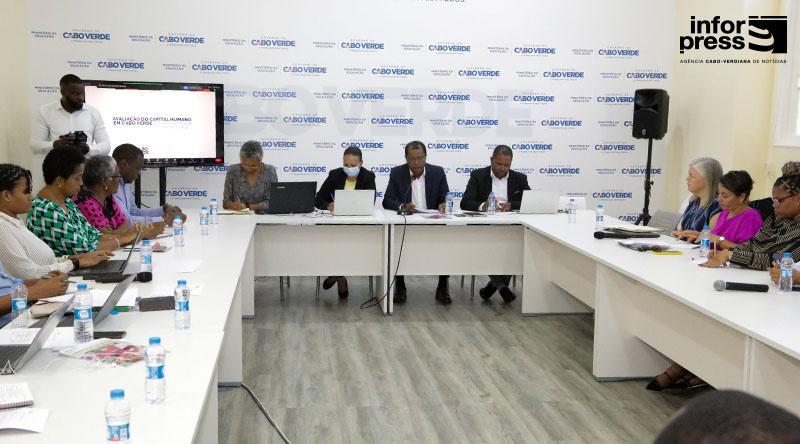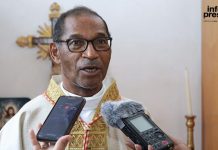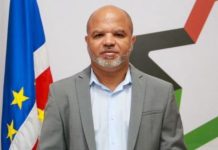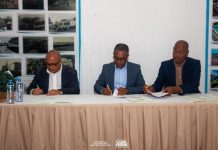Africa-Press – Cape verde. The Government is working towards the universalization of pre-school education in order to reduce asymmetries and disparities in access, but also from the perspective of educational inclusion, the Minister of Education announced today.
Amadeu Cruz was speaking to the press, moments after presiding over the opening of the meeting with the Group of Local Education Partners (GPLE), which includes representatives of cooperation in the country, unions, delegates from the Ministry of Education, but also representatives of international institutions, such as the World Bank and the United Nations System.
“We have a pre-school enrollment rate of around 86.4%, but we have not yet achieved universalization, we still need to make the journey to actually reduce this disparity in access and create the conditions so that in the near future we can declare pre-school as the mandatory level of preparation and entry into compulsory basic education”, said the minister.
Meanwhile, he explained that the meeting counts on education partners to complete the application process for funds from the Global Partnership for Education, taking into account that the Government has defined the reform of pre-school education as a priority with a focus on consolidating the perspective of universalization and later the mandatory nature of pre-school.
On the other hand, it also intends to consolidate the ongoing curricular reform in first cycle basic education from the perspective of educational inclusion, and, on the other hand, for quality, with factors being created that allow comparability of the quality of Cape Verdean education. with the quality of the most advanced countries, particularly those in the OECD.
He said that the ongoing reform of basic and secondary education aims to master languages, that is, Portuguese, as the national language, foreign languages such as English and French and even the teaching of the Cape Verdean language, as a vehicular language and national language.
“We envisage the consolidation of teaching particularly the Portuguese language as the national language in the primary primary cycle, but our intention is also to extend the beginning of learning in the Portuguese language in pre-school”, he said.
This restructuring, according to the minister, also aims to train professionals who work in pre-school and the production of playful teaching materials, whether on paper or in audiovisual format, in order to create conditions for improving the teaching of the Portuguese language, while instrument of national communication, but also as the first instrument of communication with the rest of the world.
On the occasion, he highlighted that the issue of educational inclusion, gender equality, approaches to cross-cutting environmental issues and the digital transition of human rights are factors that also appear in the educational system.
He assured that at this point the subsidy has already been approved and that the time is now to outline the implementation strategy so that, by the end of October, we will have access to the funds to begin implementing the reforms.
Recently, the Global Partnership for Education (GPE) approved Cape Verde’s access to the indicative allocation for financing the transformation of the system, in the amount of 5 million dollars, to implement the priority project “Improving the inclusion and quality of learning in pre-school education and the 1st cycle of basic education (EBO)”.
For More News And Analysis About Cape verde Follow Africa-Press






